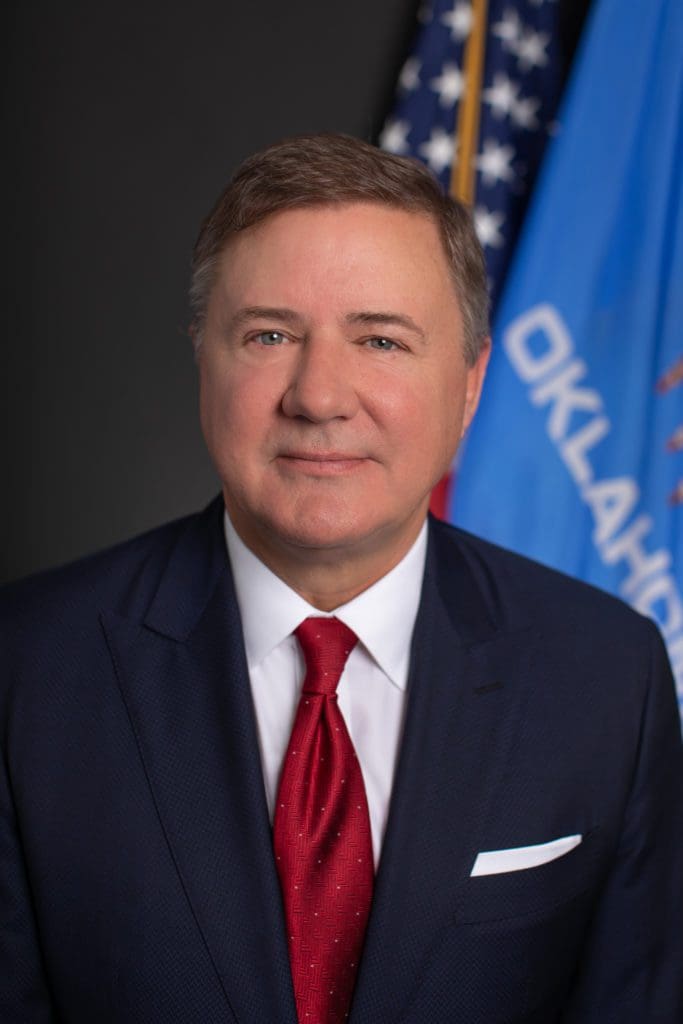Oklahoma City, OK- Attorney General Gentner Drummond is leading a national effort to ensure that state, local and tribal entities have appropriate and timely access to corporate ownership information critical to fighting crime and terrorism.
A letter, sent by Drummond and the attorneys general of Delaware, Ohio and Rhode Island, was sent yesterday to the Financial Crimes Enforcement Network (FinCEN), a bureau of the U.S. Department of Treasury, outlining the need for non-federal entities to access information without unnecessary and burdensome requirements. Also signing on to the effort were 38 other attorneys general.
The creation of a national database is part of the Corporate Transparency Act, passed in 2021 to require certain companies to disclose their actual, or “beneficial,” owners to FinCEN.
The bureau’s recently proposed requirements for database access would impede investigations taking place at the state, local and tribal level.
“This proposed database will provide critical information to help investigators hold accountable bad actors, from corrupt officials to organized criminals,” Drummond said. “President Biden and excessive federal regulations must not obstruct our efforts in pursuit of justice.”
In particular, the Corporate Transparency Act only requires state, local, and tribal entities to obtain a court order authorizing access to the database. The new regulations, however, would require non-federal entities to provide a separate written justification to FinCEN and call for the bureau to review and approve the court order before allowing access to the database information. The letter notes that the requirement is inconsistent with Congress’ decision to create the database to provide rapid access to beneficial ownership information.
“We look forward to working with FinCEN on the implementation of this database to ensure that we and other entities can use it as Congress intended: as a highly useful tool to help us efficiently access important beneficial ownership data to serve and protect the public,” the letter states.
In addition to requesting that all law enforcement entities receive unobstructed access to the database, Drummond advocated for several amendments to the proposed regulations, including one to make it clear that individuals who receive database information during a legal case are subject to the same non-disclosure laws as those who receive the information directly from FinCEN. The amendment would remove the burden of notification from prosecutors and other government attorneys.
Drummond was joined in the letter by Arizona, California, Colorado, Connecticut, Delaware, the District of Columbia, Florida, Georgia, Hawaii, Illinois, Iowa, Kansas, Kentucky, Louisiana, Maine, Maryland, Massachusetts, Michigan, Minnesota, Nebraska, Nevada, New Hampshire, New Jersey, New Mexico, New York, North Carolina, Commonwealth of the Northern Mariana Islands, Ohio, Oregon, Pennsylvania, Puerto Rico, Rhode Island, South Carolina, South Dakota, Tennessee, Texas, Utah, Virginia, Vermont, Washington and Wisconsin.













